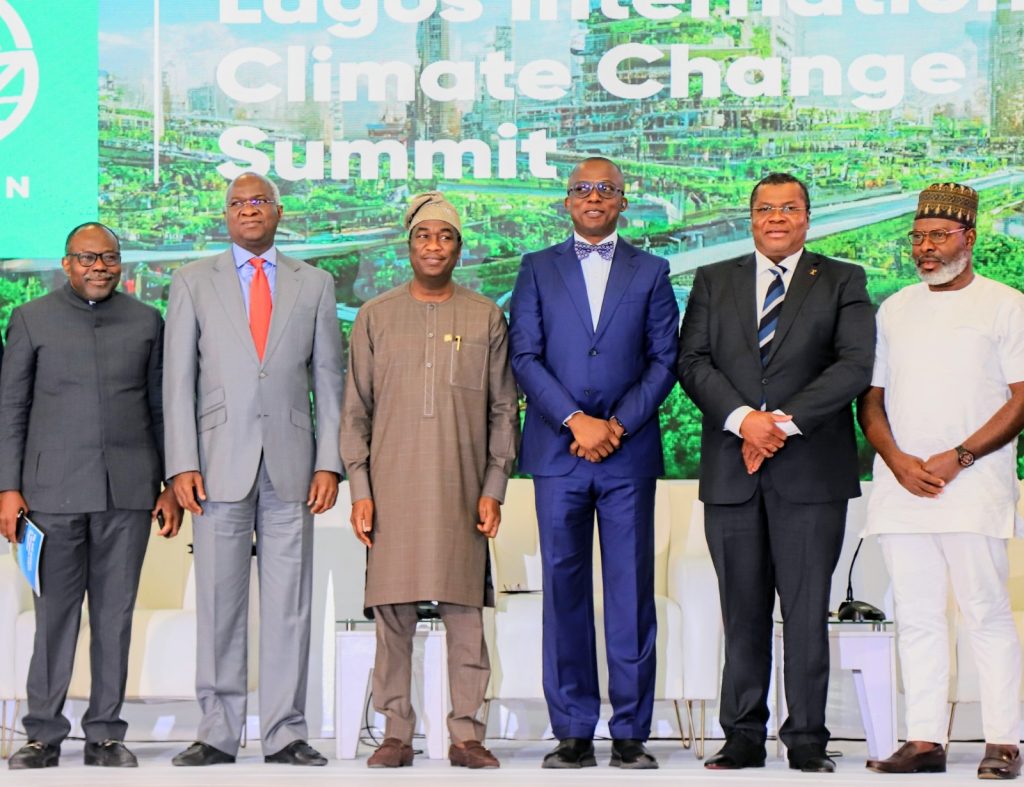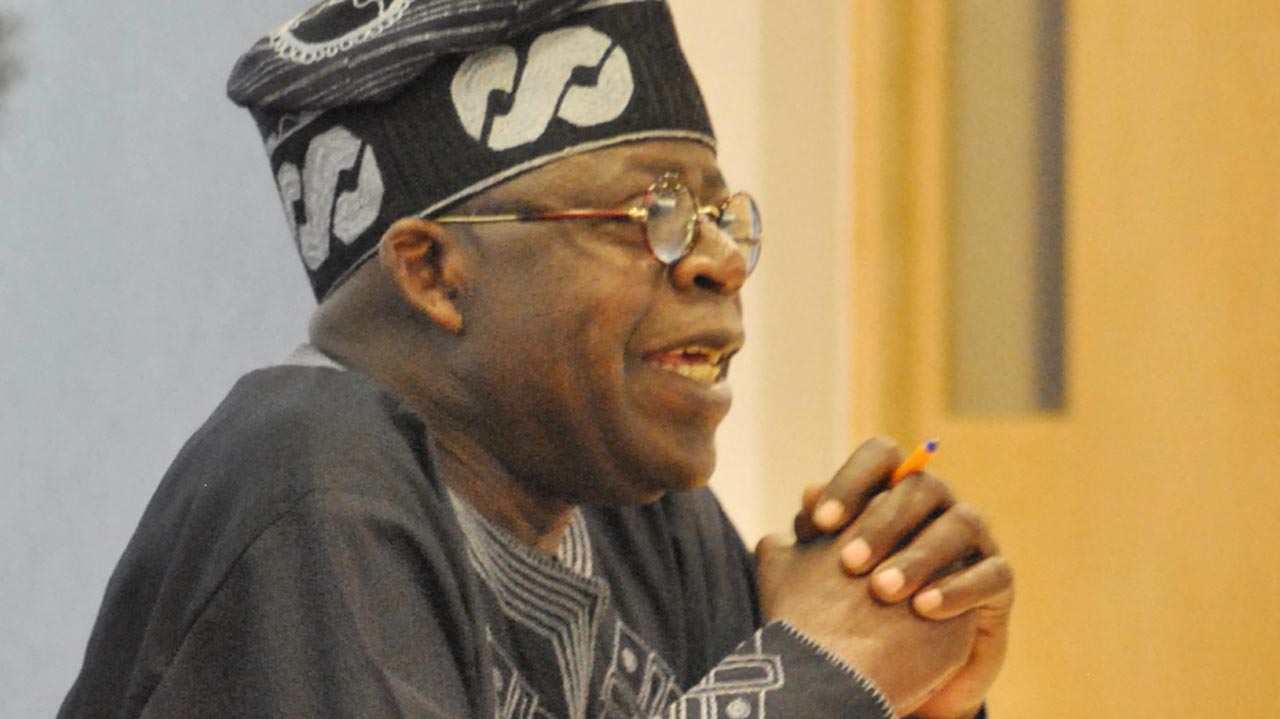
Lagos State Governor, Babajide Olusola Sanwo-Olu, emphasized the state’s commitment to tackling climate change at the opening of the three-day 10th Lagos International Climate Change Summit held at Continental Victoria Island. Represented by Deputy Governor Obafemi Hamzat, Sanwo-Olu highlighted the urgency of climate action and launched the Lagos Climate Adaptation and Resilience Plan (LCARP) alongside the Lagos Climate Change Mainstreaming Strategy.
Sanwo-Olu noted that Lagos faces significant climate challenges but sees these as opportunities for growth and innovation. He recalled how the state successfully combated the threat of coastal erosion in Victoria Island by constructing the Great Walls of Lagos, which led to the creation of Eko Atlantic City and revitalized surrounding businesses.
Lagos has also implemented a multi-modal Transit BRT System, reducing carbon emissions from transportation by about 15%. The governor mentioned that in 2015, the global community committed to keeping temperatures below 1.5 degrees Celsius, prompting Lagos to develop a second five-year Climate Action Plan to cut emissions.
With the unveiling of Nigeria’s first electric car in Lagos in 2020, the state aims to transition 50% of its public transport fleet to electric vehicles by 2030. The recently launched Red and Blue Line projects are key to reducing the city’s carbon footprint, cutting travel times, and promoting a sustainable, low-carbon future.
Sanwo-Olu also announced partnerships with private waste management companies to build a waste-to-energy plant. This plant will generate electricity for about 40,000 homes by converting 2,250 tonnes of waste daily.
Commissioner for the Environment and Water Resources, Tokunbo Wahab, emphasized that climate resilient development integrates adaptive measures with actions to reduce greenhouse gas emissions. He highlighted the summit’s theme, “Accelerating Climate Finance and Championing Local Adaptation Initiatives,” as a platform to attract climate finance and build resilient infrastructure.
Wahab reflected on the progress made since the inaugural summit, noting significant strides in renewable energy promotion and sustainable waste management. He stressed the need for immediate action, driven by the urgency underscored in the IPCC’s 6th Assessment Report.
The summit aims to mobilize climate finance for local adaptation projects, investing in resilient infrastructure, empowering communities, and enhancing disaster response capabilities. Former Governor Babatunde Raji Fashola also spoke, underscoring that climate change is primarily driven by human actions. He praised the summit’s role in affirming Lagos’ leadership in climate initiatives, highlighting the state’s focus on reducing carbon emissions and combating climate change through innovative measures.


